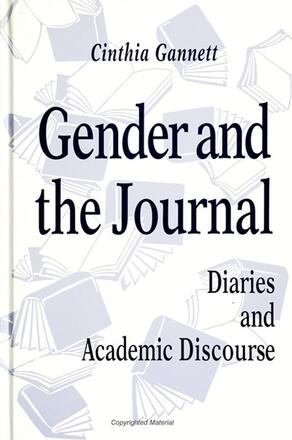
Gender and the Journal
Diaries and Academic Discourse
Alternative formats available from:
Description
This book explores the gendered historical and social contexts and discursive traditions that have characterized journals and diaries in academic discourse. The tension between the term "journal," which has a variety of positive public and scholarly connotations, and the term "diary," which is currently understood as a feminized, trivial, and confessional kind of writing inappropriate for school, is a critical part of the problem. This book uses the developing and shifting notions of diary and journal to explore several critical questions about the larger relations between gender, language, canonicity, and academic discourse.
Cinthia Gannett is Assistant Professor of English/Composition at the University of New Hampshire at Manchester.
Reviews
"This book is a fascinating piece of research. The juxtaposition of linguistics, gender studies, psychology of women, social construction theory, as it informs writing, generally, and journaling, specifically, is a unique and intriguing analysis. The result is very illuminating and addresses the issue of "gendered journals" in a sophisticated and sensitive way." — Jill Mattnek Tarule, Lesley College
"The book covers a lot of ground in its analysis of the many functions of the diary/journal in varieties of academic discourse. I like the self-reflexivity inherent in the book; that is, Gannett often addresses her own issues as a writer and woman in her analysis of the functions of the diary/journal for its writer." — Suzanne L. Bunkers, Mankato State University